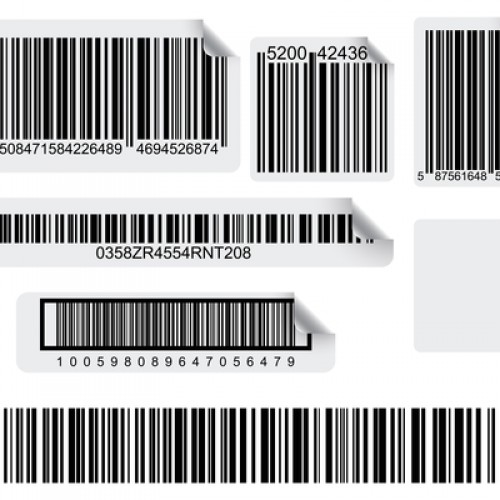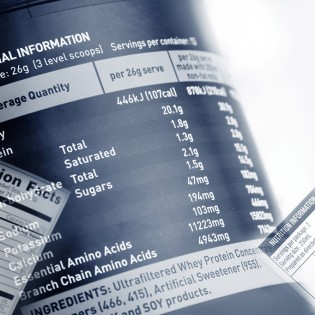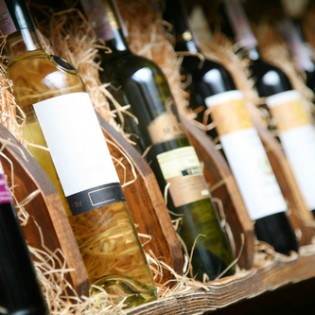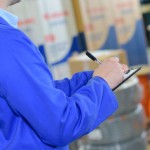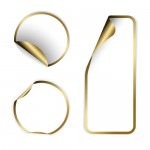Barcode labels are a necessity for businesses that are about to introduce new products or for businesses that have many existing products. While there are no mandatory regulations which require businesses to use barcodes, many retailers as well as distributors will require them, as they are needed to record and track sales and inventory. Those that plan to sell their products in retail stores will want to register their merchandise with the GS1, which is responsible for international barcode management.
Once you become registered with GS1, you will be provided with a distinct barcode that will specify your business as the product creator. You will also be assigned a UPC, or Universal Product Code which is a 12 digit number that is also unique. Once you’re assigned a barcode, your merchandise can be scanned at checkout lines around the world and the data which is embedded within the barcode will be in the system.
Barcode Labels Lead to Superior Inventory with Fewer Errors
Businesses that have a huge selection of merchandise and product lines will need barcode labels to keep everything organized and error free. Special barcodes can be designed which match the inventory and numbering system you use. One advantage of using barcode labels is that you can scan instead of relying on physical inventory, which means you can save both cost and time, while reducing the likelihood of error on the part of workers.
If the wrong data enters a supply chain or operation the consequences can be disastrous. These errors can lead to lost business and drives up operational expenses. Information is a critical asset and thus must be managed in a manner that is efficient, which is why barcode labels are so important.
Barcode Labels Prevent Fraud and Counterfeiting
Counterfeiting and fraud have become a growing problem worldwide, and advances in technology are giving criminals new tools and resources to draw upon. Counterfeiting costs businesses billions of dollars annually and some of the most vulnerable industries include pharmaceuticals, wineries and fashion. The U.S. in particular is heavily affected by counterfeiting since it is the world’s biggest market for consumers.
One of the best ways to block counterfeit products from entering the retail market is through barcode labels. The reason for this is because businesses can design barcodes that utilize specific pieces of data that can be scanned to verify that it is an authentic product. A barcode label that can be scanned tells retailers that a product is secure and legitimate. This reduces the likelihood of counterfeit or hazardous products falling into the hands of unsuspecting consumers.
The QR Code
The QR Code is one of the newest types of barcodes to be introduced. These are two dimensional codes that are able to hold significantly greater amounts of data than traditional barcodes, and marketers are now using QR codes to connect customers to their official websites or social media accounts. Customers are now able to scan QR codes via their cell phones and can browse websites with them. QR codes are revolutionary because they create a connection between the customer and brand which is both seamless and constant.

